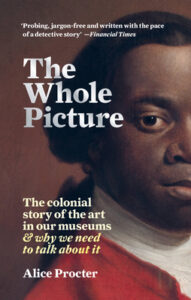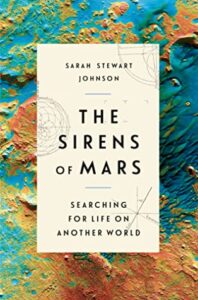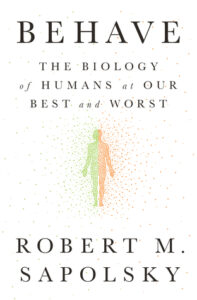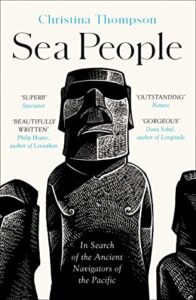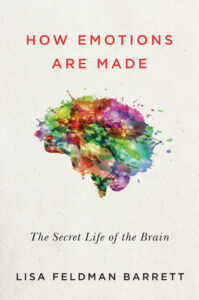 How Emotions are Made, Lisa Feldman Barrett
How Emotions are Made, Lisa Feldman Barrett
The first half of this book is great. Lisa Feldman Barrett explains her subject well, dissecting previous evidence as well as her own research and synthesising them into her full theory. In summary, she posits that emotions are not something pre-formed in the brain, not something genetic, and not something you can point to on a scan. Instead, each instance of emotion is constructed from all kinds of different inputs, in the moment, and may not look anything like another instance of the same emotion if the subject is put in a brain scanner. This makes sense of a lot of things, and makes perfect sense to me — in fact, it starts to seem totally obvious!
She also mentions the “illusion of free will” almost in passing, in a way that made the lightbulb click on for me. I always hate the idea that I don’t have free will, and that “I” am essentially forced to act in a certain way — or more accurately, have no option to act in a different way — by combinations of my upbringing, culture and biology. But the point is that “I” am constructed by all those things anyway, and there is no real separation into “conscious” and “unconscious”, where the “unconscious” isn’t really me. The unconscious part is me as well, and even if it does things without waiting for the conscious me to weigh in — even though the body starts to act before the “decision” to act is consciously made — then… that’s still me. It seems obvious in retrospect, and is completely in line with everything else I believe (mind/body dualism has never been for me).
Why I never saw it that way before… well. Like Robert Sapolsky says in his book Behave, people tend to imagine their conscious mind as a sort of homunculus directing the brain’s actions, and it’s not really the case — but it’s a powerful illusion. It’s that idea of a homunculus separate from the rest of the brain that makes it feel like there’s a problem.
I’m not entirely sure I’m coherent here, but I really appreciated Feldman Barrett’s aside about that. It made things click into place for me.
The second half of the book is more about the applicability of her theories, and it worked less well. There are good examples there of dissecting how her theory works, but in the end her conclusions are familiar ones. That said, her view of constructed emotion, and the ability to impact how your emotions are constructed, give people rather more responsibility for their brains that scientists like (since I mentioned him already) Sapolsky seem to do. That’s interesting and useful.
Overall, I found this really interesting, but the applicability chapters dragged a bit.
Rating: 4/5
 Library: An Unquiet History, Matthew Battles
Library: An Unquiet History, Matthew Battles



